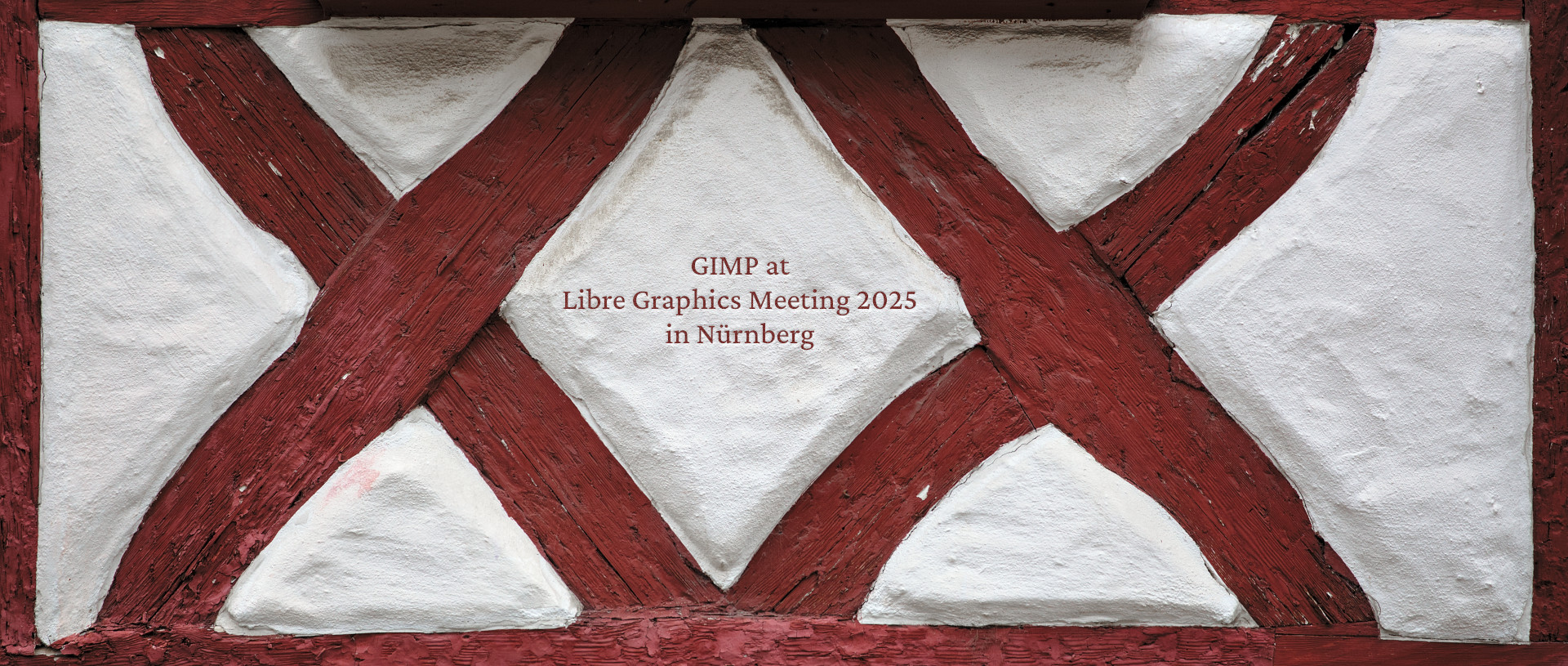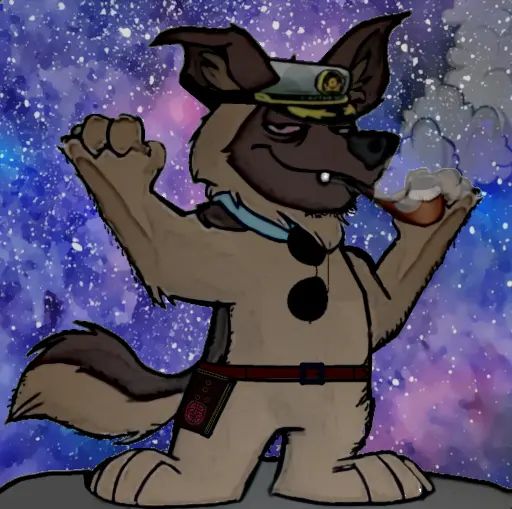We are proud to release GIMP 3.1.2. This is the first development version of what will ultimately become GIMP 3.2!
Note that a development release is not ready for production use. It might crash. If it didn’t have problems it would be 3.2 already.
So please please understand this is a feature release for early adopters and for the more adventurous!
What is GIMP ?
GIMP is a powerful, free and opensource photo editor. It is available on Linux, Windows, BSD and MacOS.
What are the new features?
Theme colors for Brush, Font, and Palette improvements
We know have an additional “System Colors” color scheme so that GIMP matches your current OS theme preferences on Windows and Linux
New contributor Woynert implemented a new paint blend mode called Overwrite. It allows you to directly replace the pixels over the area you paint, without blending the transparency values of the brush and the existing pixels in that area. This new mode is particularly useful for pixel art.
There’s a new setting in the text tool to control the direction of the text outline. You can have the text outline grow inward, outward, or in both directions!
GIMP now supports adding non-destructive filters to channels! The Channels dockable now shows the same FX column as the Layers dockable, so you can edit, rearrange, delete, and merge filters on channels just like you can with layers.
The CMYK Color Selector now calculates and displays the Total Ink Coverage of the selected color. This is useful when printing, as depending on the printing system and the media used, there may be a limit on how much ink can be applied.
We’re adding support for using ART (AnotherRawTherapee) as a Camera Raw loader in GIMP, in addition to our existing support for darktable and RawTherapee. If you have ART already installed, GIMP should automatically recognize it and use it to load Camera Raw format images for further editing.
We’ve added a new option to export to Krita‘s .kpl palette format from GIMP. You can do this by choosing Export as from the menu in the Palette dockable.
Jacob Boerema has added support for importing Photoshop patterns! You can put Adobe .pat files in the GIMP pattern folder and automatically load them in the same way as GIMP’s own .pat files
You can now use presets from Photoshop’s Curves and Levels filters in GIMP’s Curves and Levels filters! When you use these filters, choose Import Current Settings from File… from the Preset menu and select your .acv or .alv preset respectively
Alx Sa has implemented initial support for exporting PSBs, Photoshop Large format. It is very similar to PSDs - the main difference is that you can export images up to 300,000 pixels
GIMP can now import APNG animations
We’ve now added support for loading multi-layer OpenEXR images. For instance, if you export a multi-view image from other software such as Blender, all views should show up in GIMP as individual layers.
All previously non-portable build scripts of GIMP repository have been made POSIX-compliant. This means that it’s now easier to use these on platforms like BSD
Some image formats do not allow images to have transparent sections. This can be confusing if you’re not familiar with all the details of the image you imported, especially when rotating or applying a filter with transparency such as Color to Alpha. We now detect if a filter or transformation would require transparency, and automatically add an alpha channel to the layer to prevent unexpected distortions.
What about UX/UI Improvements?
Denis Rangelov, Reju, Michal Vašut, and other designers have been working on a number of UX/UI updates for GIMP 3.2.
While the larger changes are still being designed and reviewed, we have been implementing several of their UX/UI fixes:
We found instances where the Foreground Selection algorithm would run when switching to another tool, even if no selection had been made yet. This caused an unnecessary lag, so we adjusted the algorithm to avoid running in those cases.
The state of the “Merge Filter” checkbox for non-destructive filters should no longer be affected if you apply a filter that currently has to be destructive, like Lens Blur.
The Palette dockable now automatically selects the next swatch when you delete a previous one, allowing you to quickly delete several swatches by just clicking the Delete button repeatedly.
“Lock pixels” now generates an undo step in undo history, just like “Lock Position” and other locks.
What’s next?
Our main focus for GIMP 3.2 on the roadmap is developing two new types of non-destructive layers - linked layers and vector layers. Our Google Summer of Code students are making great progress with their summer projects!
Gabriele Barbero is making some much-requested improvements to our on-canvas text editor.
Ondřej Míchal has created a GEGL Filter Browser prototype in their own test branch. This involved a lot of research, as there any a number of edge cases and formats to account for.
Shivam is working on a website to list and display third-party GIMP extensions
About Gimp 3.1.2
We remind that this is a development version, not a stable version. We advise against using it for production. We also really welcome feedback and bug reports:
https://www.gimp.org/bugs/report.html
GIMP is a community, first and foremost. We are relying on your help so that the upcoming GIMP 3.2 can be as stable and good as possible.
Don’t forget you can donate to GIMP developers, as a way to give back and accelerate the development. Community commitment helps the project to grow stronger!
https://www.gimp.org/news/2025/06/23/gimp-3-1-2-released/
Thank you so much ❤️ 🙏
I miss the old logo




